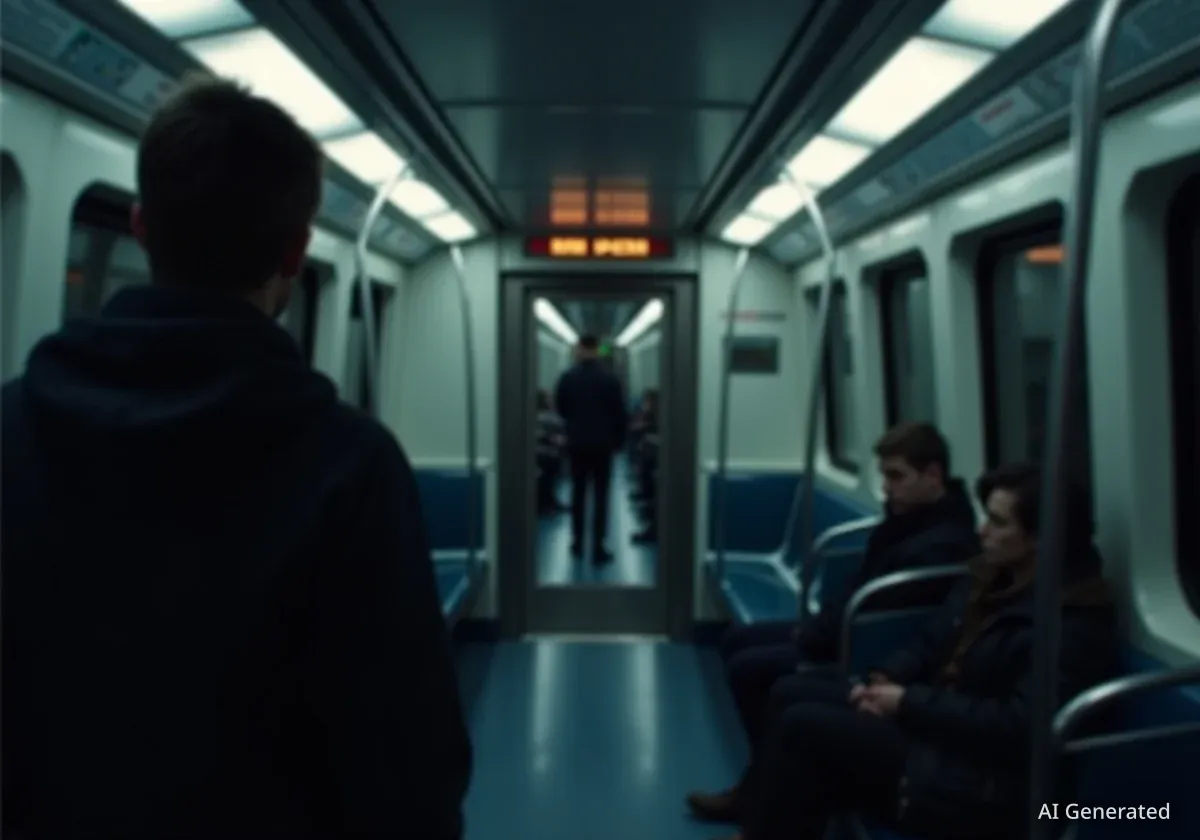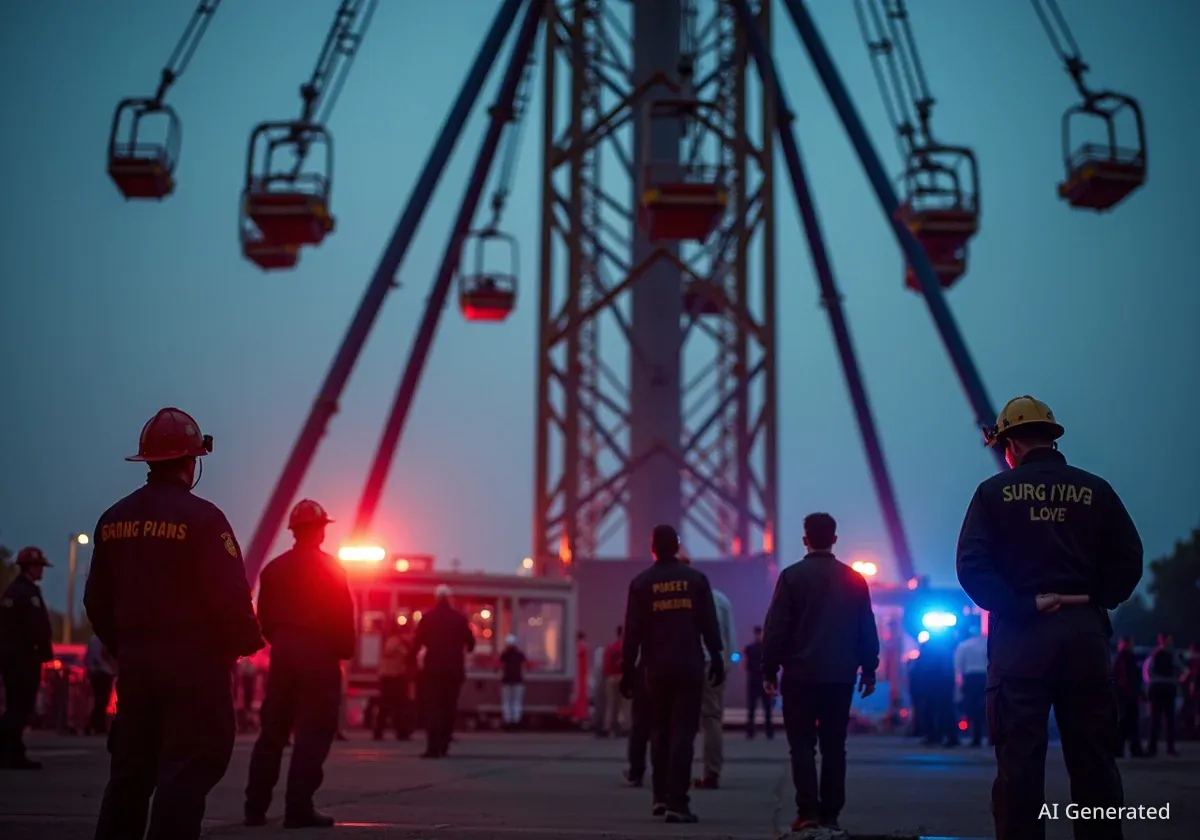The Washington Metrorail system has seen a notable increase in incidents involving train doors opening incorrectly. These events include doors opening on the wrong side of the train or at unsafe locations beyond station platforms. This trend has prompted the Washington Metrorail Safety Commission (WMSC) to highlight serious safety concerns and push for corrective actions.
Metro acknowledges the issue and states that such incidents represent a very small percentage of total door operations. However, the WMSC emphasizes the potential for severe harm to passengers, including falls and contact with the energized third rail.
Key Takeaways
- Metrorail reported 27 improper door events in 2025 as of September 1, more than double the 2024 count for the same period.
- These incidents include doors opening on the non-platform side or beyond the platform edge.
- Many events are linked to human error and operators not following procedures.
- Metro has implemented refresher training and hourly reminders to use Automatic Door Operation.
- Despite the increase, Metro states these incidents are extremely rare compared to total door operations.
Increased Incidents Raise Safety Alarms
As of September 1, 2025, Metrorail recorded 27 "improper door events." This figure is more than double the number reported by the same date in 2024. The total for 2025 already surpasses the 25 incidents recorded throughout the entire calendar year of 2024. This data points to a concerning trend for rail safety.
The WMSC views these incidents as a significant safety risk. When doors open improperly, passengers could fall from the train. This risk is particularly high if they fall onto the tracks or come into contact with the third rail, which carries an electric current. Such contact can cause electrocution, leading to severe injury or even death.
Incident Statistics
- 2025 (as of Sept. 1): 27 improper door events
- 2024 (as of Sept. 1): Less than 13 improper door events (more than double in 2025)
- 2024 (full year): 25 improper door events
Details of Recent Events
During a meeting on Tuesday, the safety commission discussed the rise in these events. They also shared new information about four specific incidents that occurred late last year. These incidents illustrate the different ways improper door operations can happen.
Two of the four incidents involved train operators accidentally opening doors on the wrong side of the train. These occurred on November 29 at the Pentagon station and on December 13 in Rockville. In both cases, the doors opened on the side not facing the platform, creating an immediate danger for any passenger attempting to exit.
The other two incidents involved doors opening on the correct side of the train, but in an unsafe location. These doors opened when part of the train was beyond the station platform. One such event happened on November 1 at Bethesda, and another on November 21 at Franconia-Springfield. Passengers attempting to exit in these situations would step into an open track area rather than a safe platform.
"The investigations into these events determined that the causes and contributing factors are often due to the train operator’s lack of situational awareness and a failure to follow written Metrorail policies and procedures," stated Tiffany Minor, a WMSC spokesperson.
Human Error and Procedural Lapses
WMSC spokesperson Tiffany Minor explained that many of these incidents stem from human error. Operators manually opening doors are often cited as the cause. This contrasts with the "Automatic Door Operation" (ADO) system, which Metro uses for the majority of door openings. The ADO system is designed to prevent such errors by automatically opening doors only when it is safe to do so.
Metro had not used the ADO system universally for some time. However, it returned to full use across all lines starting last year. Despite the ADO system being in place, manual overrides and human mistakes continue to pose challenges.
Automatic Door Operation (ADO)
The Automatic Door Operation (ADO) system is a standard feature in many transit systems worldwide. It uses sensors and predefined parameters to ensure train doors open only when the train is properly berthed at a station platform and on the correct side. This system significantly reduces the potential for human error compared to manual door operation.
Minor further elaborated on the severity of these errors: "Improper door operations, such as opening train doors on the non-platform side of the train or while not properly berthed on a station’s platform, or leaving train cars in the tunnel as opposed to being on the platform, pose serious safety risks." She stressed that these events could result in riders falling from the train, potentially onto the roadway or from aerial structures, or making contact with the energized third rail. "These events have the potential to result in serious injury or a fatality," Minor added.
Metro's Response and Corrective Actions
Metro has begun implementing several measures to address the increase in improper door operations. One key step is providing refresher training for employees involved in these incidents. This training aims to ensure operators are fully aware of and adhere to all rules and procedures related to door operations.
Additionally, rail traffic controllers have started making hourly announcements. These announcements remind train operators to prioritize the use of the Automatic Door Operation system. They also reinforce a specific procedure called "point-and-call," which operators must follow in situations requiring manual door opening.
Safety Enhancements
- Refresher training for involved employees.
- Hourly announcements reminding operators to use ADO.
- Reinforcement of "point-and-call" procedure for manual operations.
Metro provided a statement regarding the situation: "27 incorrect door operations represent 0.000002% of the 13 million door operations we perform every year." This statistic highlights that while the number of incidents has risen, they remain extremely rare in the context of overall daily operations. The transit agency emphasized its commitment to ongoing safety improvements.
The statement also noted: "The recently relaunched Automatic Door Operation (ADO) system – which is the global standard in transit – is designed to prevent incorrect door openings and significantly improve safety." This indicates Metro's reliance on technology as a primary tool for enhancing safety protocols and reducing the likelihood of future incidents.





